Leading Team | Researchers | Project Partners
Post Doctoral Research Assistants

Jiacheng is a post-doctoral researcher within the School of Mechanical Engineering at the University of Birmingham. His research has been focused on the biomechanics of hip and knee joint through experimental and computational investigation.
He completed his MEng in Mechanical Engineering at the University of Leeds in 2016. The final project involved understanding the damage mechanisms of hip impingement as a group project, which included mechanical testing and finite element modelling.
Following his master’s degree, he started his PhD in mechanical characterisation of hip soft tissue through experimental loading and image-based modelling.
After finishing his PhD in 2020, he worked as a post-doctoral research assistant on the Optimising Knee Therapies programme grant. His work included CT/MRI image processing, detailed segmentation with tissue defect and geometry compromises, and generating and solving finite element models.
Now he hopes to apply his knowledge in image processing, finite element modelling, and biomechanics to the challenge of metastatic bone disease in the spine by developing image-based multiscale models for realistic in silico investigation of vertebrae biomechanics.

Anuja obtained her Masters in Research (MRes) in Human Tissue Repair at University College London; gaining deeper knowledge on tissue regeneration, immunology and fundamentals of inflammation. Her research project investigated the role of autoantigen immune cells in ANCA vasculitis, supervised by Professor Alan Salama.
Following her Master’s, Anuja was accepted onto the UCL/ UCB Pharma Studentship for her doctoral studies, under the supervision of Professor Umber Cheema. Her work focused on the development of biomimetic collagen I based 3D in vitro models for fibrotic renal pathologies. This involved exploring cell-matrix interactions and changes in biomechanical properties, to determine the key players driving fibrotic remodelling in renal fibrosis and carcinomas. She was working in collaboration with UCB Pharmaceuticals to assess novel therapeutics using these platforms.
Since completing her doctoral studies, she is currently working as a post-doctoral researcher with Professor Simon Walker-Samuel, Professor Rebecca Shipley and Professor Umber Cheema. The work aims to bioengineer 3D in vitro models for bone and breast cancer, to investigate the relationship between metastatic breast cancer and consequent bone fractures. She hopes to use these platforms and its analysis to inform the mathematical models, with consideration of patient characteristics.
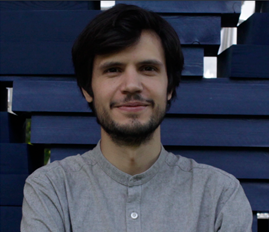
Simão completed an MEng degree in Electric and Electronic Engineering at Kings College London. His final master’s project was on Microwave imaging of Breast Cancer supervised by Dr Panagiotis Kosmas. His work focused on developing a realistic in silico model of microwave propagation in breast tumours.
Following his Master’s, Simão was accepted onto the Centre for Doctoral Training at the University of Oxford, funded by the EPSRC and supervised by Prof. Stephen Payne. His DPhil involved investigating pathological mechanisms common to many neurodegenerative diseases. These included cytotoxic oedema and pro-resolving inflammatory mechanisms.
He has since been a post-doctoral research fellow in Prof. Rebecca Shipley’s team, developing stochastic in silico models of neurite growth during peripheral nerve injury repair and testing novel biomaterial repair strategies. Additionally, he provided machine learning labelling solutions for gold-standard techniques for assessing repair outcome in animal models.
Now he hopes to apply all this knowledge to the challenge of metastatic cancer in the spine by developing mathematical models of tumour growth and consequent bone fractures, including how biomaterials can cater to patient-specific characteristics.
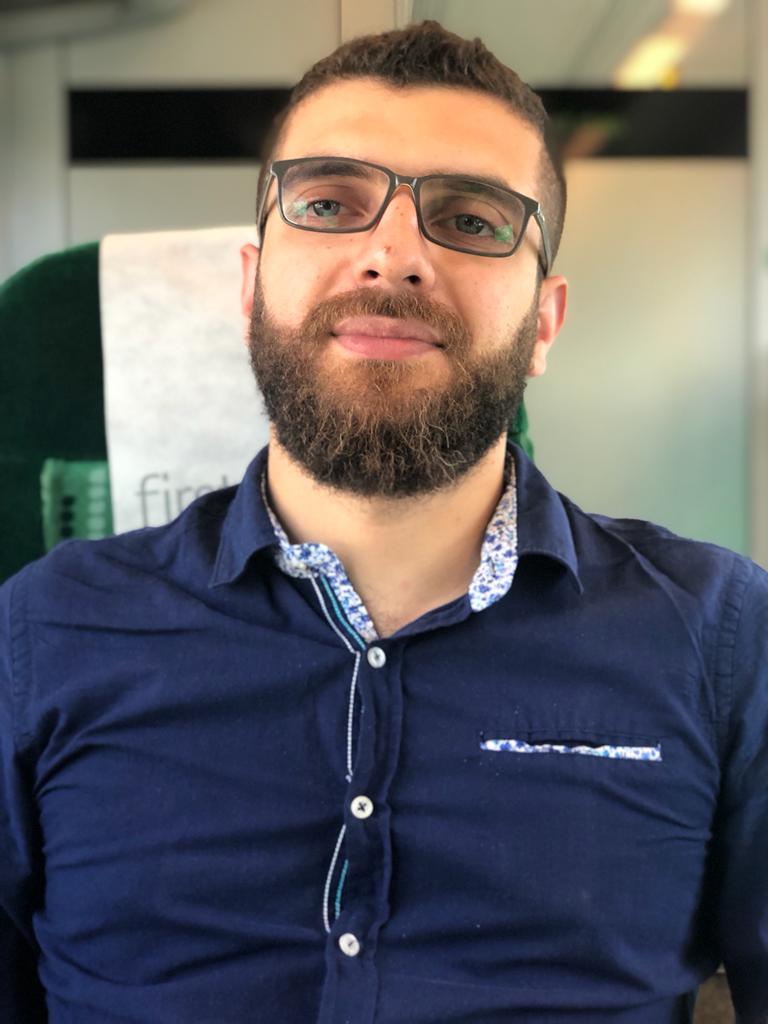
Hani completed his Master’s degree in Civil Engineering from Grenoble Alpes University in France. His master thesis focused on developing a Finite Element model to study the thermo-hydro-mechanical (THM) behavior of concrete in nuclear containment buildings with an emphasis on leakage rates and structural integrity.
Following his Master’s, Hani pursued a Ph.D at the 3sr Lab, collaborating with Institut Laue-Langevin (ILL) and Holcim, a leader in cement & concrete. His doctoral research focused on employing simultaneous 3D+t in situ neutron and x-ray tomography to study moisture migration and crack propagation in heated cement-based materials. This innovative technique offered a better understanding of the coupled THM mechanisms in cohesive porous media and provided new insights for THM modelling at both material and structural scales.
Since completing his Ph.D, Hani has been a postdoctoral researcher at UCL focusing on developing image-informed mathematical models of tumour growth in patient-specific settings. He also contributed to developing CT-to-Simulation Computational Fluid Dynamics workflows to study flow-related processes in tubular structures, such as blood vessels and lung airways. Now, he aims to leverage these interdisciplinary skills – mainly in porous media, image processing, meshing, damage mechanics and Finite Element – to develop a coupled tumor growth and fracture risk model of the spine vertebrae.

Roshan is a Research Fellow in the School of Engineering at the University of Birmingham, joining the OncoEng project in 2025. His research focuses on the development of a testing protocol to investigate vertebral fracture and long-term fatigue; to assess the structural and mechanical effects of metastatic infiltration and generate data for model validation. Roshan contributes by exploiting his expertise in nanoindentation, impact testing and a range of advanced structural and imaging techniques.
Roshan joined the University of Birmingham’s Formulation Engineering CDT in 2019, undertaking an EngD sponsored by Rolls-Royce. During this time, he also studied at Massachusetts Institute of Technology (MIT), gaining expertise in tribology, testing methodologies and design engineering. He specialised in the structural, mechanical and tribological testing of PVD coating systems associated with turbine blade manufacture. Roshan presented his research at multiple international conferences and founded the STLE UK Student Chapter to promote collaboration for early-career tribologists.
In 2018, Roshan completed an MEng in Chemical Engineering at the University of Manchester. Conducted in the Manchester Institute of Biotechnology, his research focused on the time-dependent rheological characteristics of enzymatically triggered drug-doped hydrogel degradation, aiding the development of bone fracture therapeutics.

Ryan Murphy is a post-doctoral researcher within the Department of Aeronautics at Imperial College London. He received his MEng in Aeronautics and Astronautics from the University of Southampton in 2017. Following this, he moved to Imperial College London to undertake post-graduate studies funded by EPSRC with an industrial partnership with Airbus Central R&T, and received his PhD in 2021.
His research primarily focusses on the development of computationally efficient methods to couple scales within multiscale topology optimisation frameworks. A further area of active research includes the derivation and integration of machine-learning techniques to vastly reduce the computational expense of non-linear structural analysis.
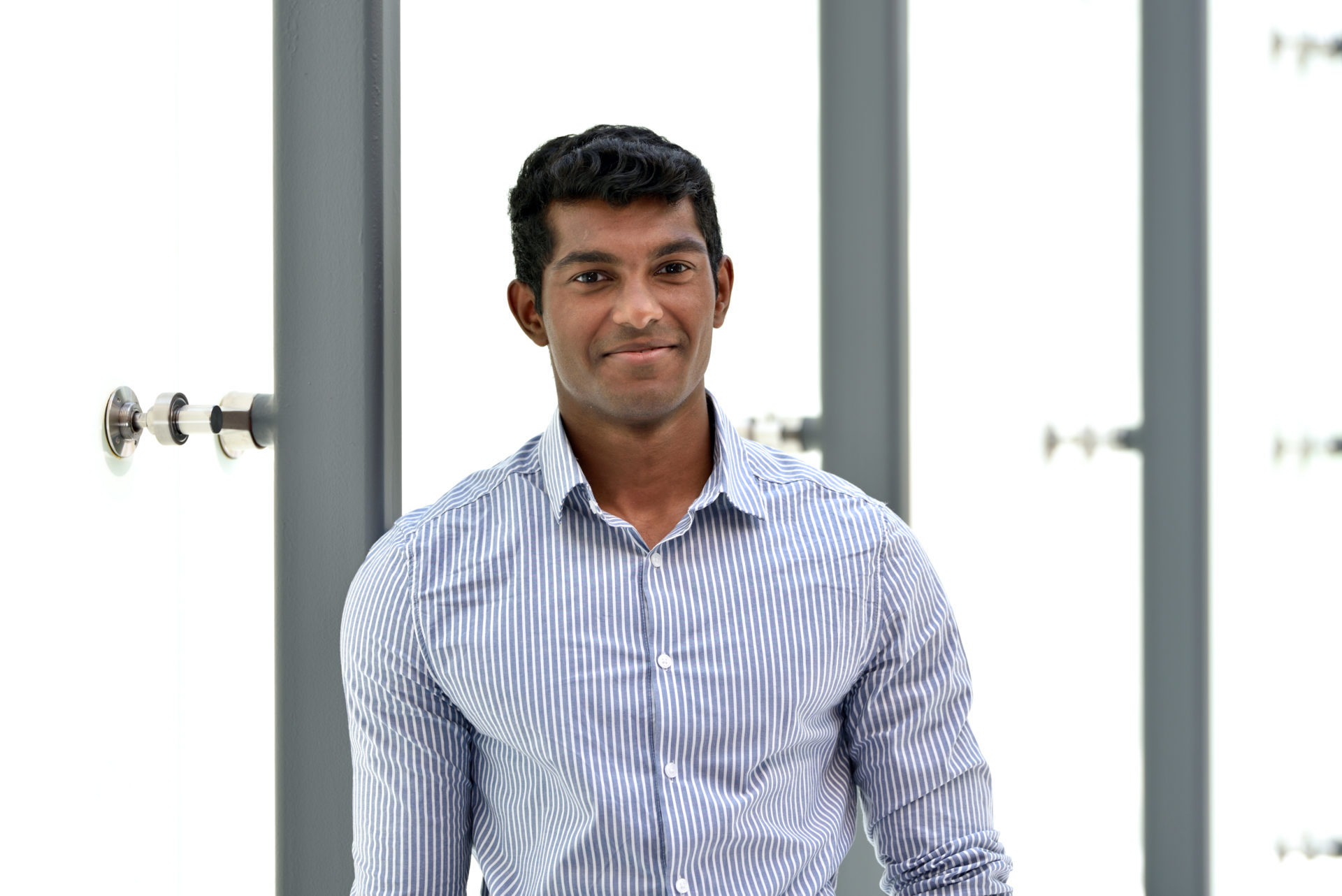
Dilaksan Thillaithevan is a research assistant within the Department of Aeronautics at Imperial College London. His research has been focused on multiscale structural optimisation and improving the real-world robustness of optimised multiscale structures. In particular, efficiently recovering microscale stresses to predict failure on the macroscale and introducing material uncertainty to account for defects arising during the additive manufacture of intricate multiscale structures. He has also derived algorithms for visualising and simulating large, complex multiscale structures in a computationally efficient manner.
He completed his MEng in Aeronautical and Astronautical Engineering at the University of Southampton in 2017. Following his master’s degree, he worked as a technology business analyst at Fidelity International before starting his post-graduate studies at Imperial College London in 2018, funded by the Aeronautics Department.

Ali is a postdoctoral research associate at the Dyson School of Design Engineering and part of the Advanced Manufacturing Group at Imperial College under Dr Connor Myants research group. He has research experience in tissue engineering, biomaterial synthesis, plant and algal biology, cancer biology, polymer chemistry and additive manufacturing. His research focusses on the creation of novel materials for 3D printing and their application in cancer biology, soilless cultivation and soft robotics.
Ali completed his bachelors in Chemical Engineering (BEng) at UCL. After which, he worked as a Process Technologist for 3 years at Royal Dutch Shells’ largest Gas To Liquid (The Pearl GTL) plant based in Qatar where he was awarded a Special Recognition Award for his work. He then completed his MSc in Biomedical Engineering at Imperial College, with a project supervised by Prof Julian Jones in the Biomaterials Group. He continued onto his PhD in the Jones’ Group, and graduated in 2018. His research was based on advanced nanocomposite double network hydrogels for cartilage repair. Upon graduation, he was awarded the Larry Hench Prize for Excellence in Biomaterials Research. During his PhD, Ali also completed an associate degree at Harvard Medical School where he focussed on Cancer Biology Therapeutics.

I graduated with a Bachelors and Masters Degree in Physics from University of Ljubljana, Slovenia. During my studies I worked on ferromagnetic ferrofluids at the Jožef Stefan Institute in the Department of Complex Matter. During this same period I also briefly worked on diode pumped fiber lasers at the Faculty of Mechanical Engineering, University of Ljubljana, in the Laboratory for Photonics and Laser Systems.
After graduating with a Masters degree I began my PhD studies in Cellular Bionics at Imperial College London in the Department of Design Engineering. As part of my PhD I developed a 3D printer that utilizes light to selectively activate bacteria suspended in hydrogel to produce biological material.
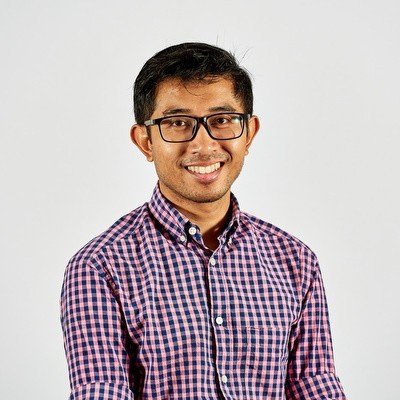
Faizal Kamarol Zaman is a post-doctoral researcher at Leeds Institute of Rheumatology and Musculoskeletal Medicine, University of Leeds. He underwent pre-clinical studies at University of St Andrews and continued with his clinical training at The University of Manchester before qualified as a medical doctor in 2011. He worked as a junior doctor in Malaysia for a short while before pursuing his Masters degree in Biomedical Engineering at the University of Surrey in 2014. He graduated with a Distinction and presented his Masters’ dissertation on biomechanics at the Healthcare Technologies Student and Early Career Awards 2016 organised by the Institution of Mechanical Engineers (IMechE) in London. Following that, he began his early-stage researcher career with Marie Skłodowska-Curie Innovative Training Network ETN NuSpine funded by European Commission Horizon 2020 where he investigated the wear of cervical disc implant based on data from cervical spine biomechanics.

Masoud is a mechanical engineer experienced in computational mechanics and material science, with applications in civil and biomedical engineering. He is currently a postdoctoral research fellow in the Department of Mathematics at UCL contributing to the EPSRC-funded OncoEng project. His work focuses on developing computational models to predict vertebral fracture risk in metastatic bone disease, supporting clinical decision-making for spinal surgeons.
Masoud earned his BSc in Mechanical Engineering from Razi University in 2013 and his MSc from the University of Guilan in 2017. His MSc thesis focused on the nonlinear vibration of AFM piezoelectric microcantilevers using fluid-structure interaction. During his MSc, he worked as a research assistant in the Mechanics of Nanocomposite Materials Group, contributing to the multiscale modelling of the thermomechanical behaviour of nanocomposites. He later collaborated with the DFG-Heisenberg Group at the University of Siegen on microstructural modelling of Li-ion batteries using the phase-field method.
In 2024, Masoud completed his PhD in Civil Engineering at the University of Glasgow, where he studied the piezoresistive behaviour of finitely deformed elastomeric composites. His PhD was funded by an EPSRC scholarship, and he was an active member of the Glasgow Computational Engineering Centre. He was also awarded the Jim Gatheral Travel Scholarship, allowing him to conduct research as a visiting scholar at the University of Erlangen-Nürnberg.
His research interests lie in applying mathematical and numerical modelling to solve real-world problems. His expertise includes finite element methods, continuum mechanics, biomaterials, composites, and the integration of optimisation algorithms and machine learning in computational modelling.
PhD Student Researchers

Hello, my name is Lauren and I have just joined the OncoEng team as a PhD research student based at the University of Birmingham. Having graduated in July from the University of Oxford with an MEng in biomedical engineering, I am pleased to be starting research as part of the OncoEng team. My research will focus on the fracture mechanics of spinal tissue during the presence of metastatic bone disease. I am very excited to be part of the OncoEng team and I look forward to contributing to the brilliant research being undertaken every day.
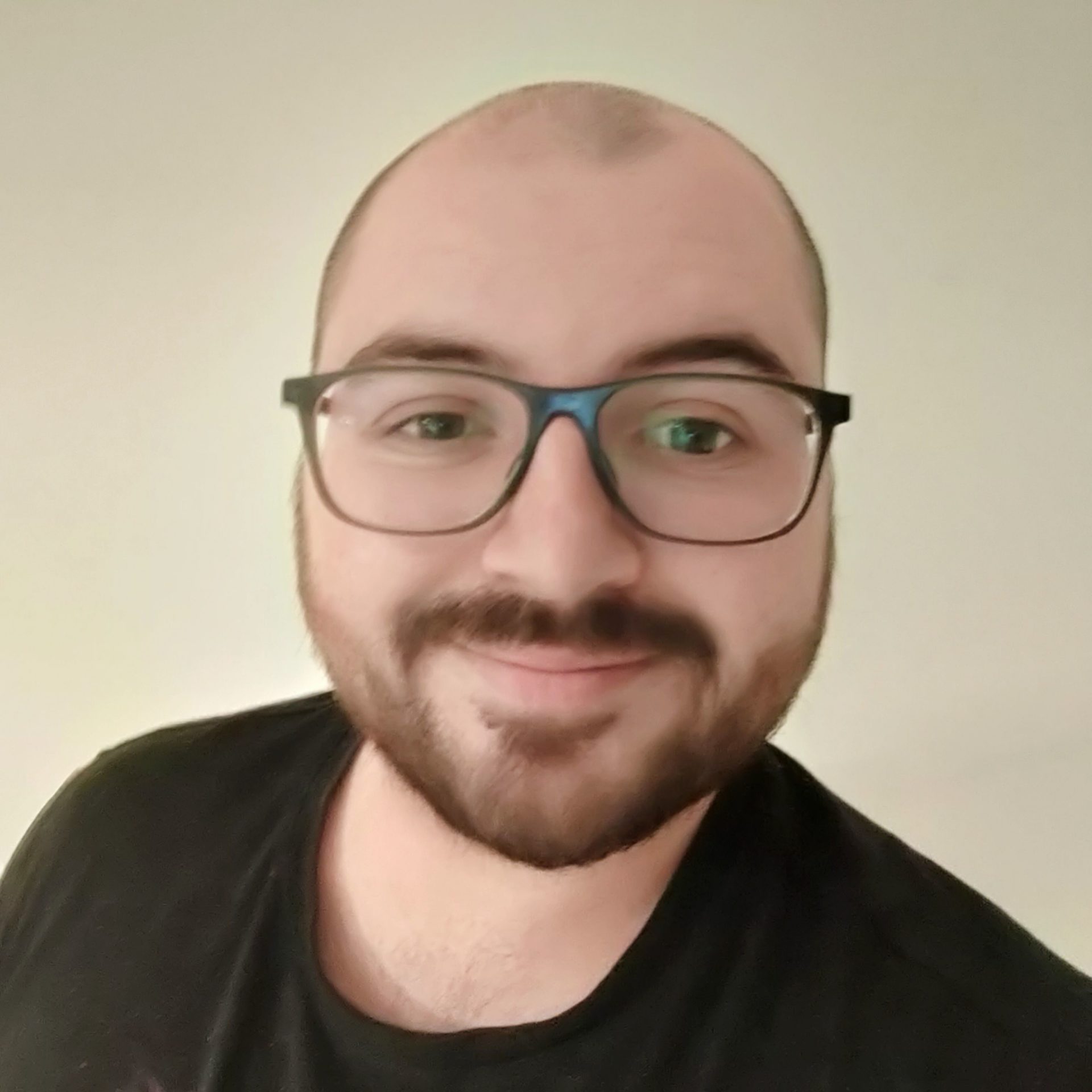
Grant Lauder is a PhD research Student within the Mechanical Engineering department of UCL (University College London). He received a 1st class honours (BEng) in Biomedical Engineering, at the University of Dundee in 2022.
His Undergraduate thesis involved Mechanical Design and Construction of a Flexible Miniaturized Soft Joint for a Robotic Colonoscope. He hopes to apply his mechanical understanding and background knowledge on how tumour growth is affected by its surroundings
View Grant’s LinkedIn

Alkaios Lamprakis is a PhD teaching assistant at the Mathematics department of University College London (UCL), supervised by Prof. Nick Ovenden, committed to the development of an in silico risk assessment framework related to spinal tumors.
His earlier academic journey includes a Masters degree in Biomedical Engineering with 1st class honors from the School of Medicine at the University of Crete (UOC). During this period, under the mentorship of Dr. Emmanuel Stratakis, he developed a novel 4D printer for bone tissue engineering, employing light as a micro-structuring parameter. Additionally, his Bachelor’s degree was earned from UOC’s Physics department, where he conducted research on femtosecond laser ablation of transparent materials for biomedical applications.
Driven by a passion for interdisciplinary research and innovation, Alkaios’s goal is to bridge the gap between engineering, medicine, and advanced materials science.

Milena is a PhD research Student at the Dyson School of Design Engineering of Imperial College London. Her research focuses on the development of novel photopolymers for 3D printing.
Milena completed her bachelor’s degree in Chemical Engineering (MEng) at Newcastle University. During her studies, she conducted research on the utilisation of intelligent hydrogels and polymeric materials for medical applications. After that, Milena completed her MSc in Biomedical Engineering and Imaging at UCL. During that period, she worked on 3D printing for the fabrication of phantoms for radiotherapy applications.

Charlie is a PhD research student in the Department of Aeronautics at Imperial College London under the supervision of Professor Matthew Santer and Professor Rob Hewson. His research focuses on the development of inverse design techniques for the optimisation of multiscale structures. As part of his research, he is investigating the integration of self-contact in the optimisation process to unlock new properties of these structures.
Prior to starting his PhD, Charlie obtained an MEng in Aeronautics with Spacecraft Engineering at Imperial College London in 2023. His research as an undergraduate focused on the development of novel composite lattice structures, inspired by those found in nature, to improve their damage-tolerance
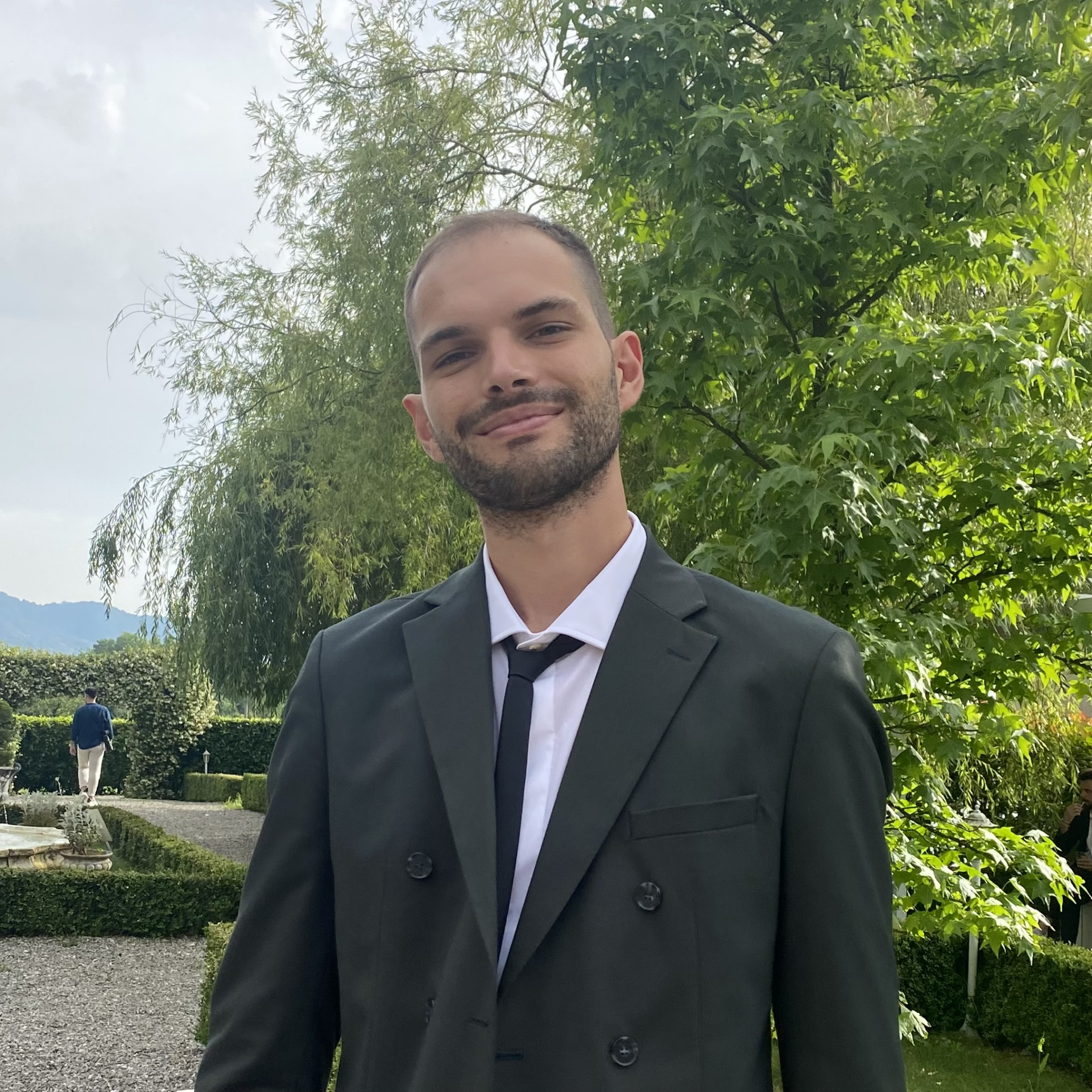
I am Mirko Ciceri, currently a PhD student within the Department of Aeronautics at Imperial College London. My research is focused on structural optimisation, particularly on extending the solution space of topology optimisation considering nonlinear material behaviour. These additions allow the improvement of the real-world robustness of optimised structures. I completed both my Master’s and my Bachelor’s degrees in Mechanical Engineering at Politecnico di Milano and started my post-graduate studies at Imperial College in December 2023.